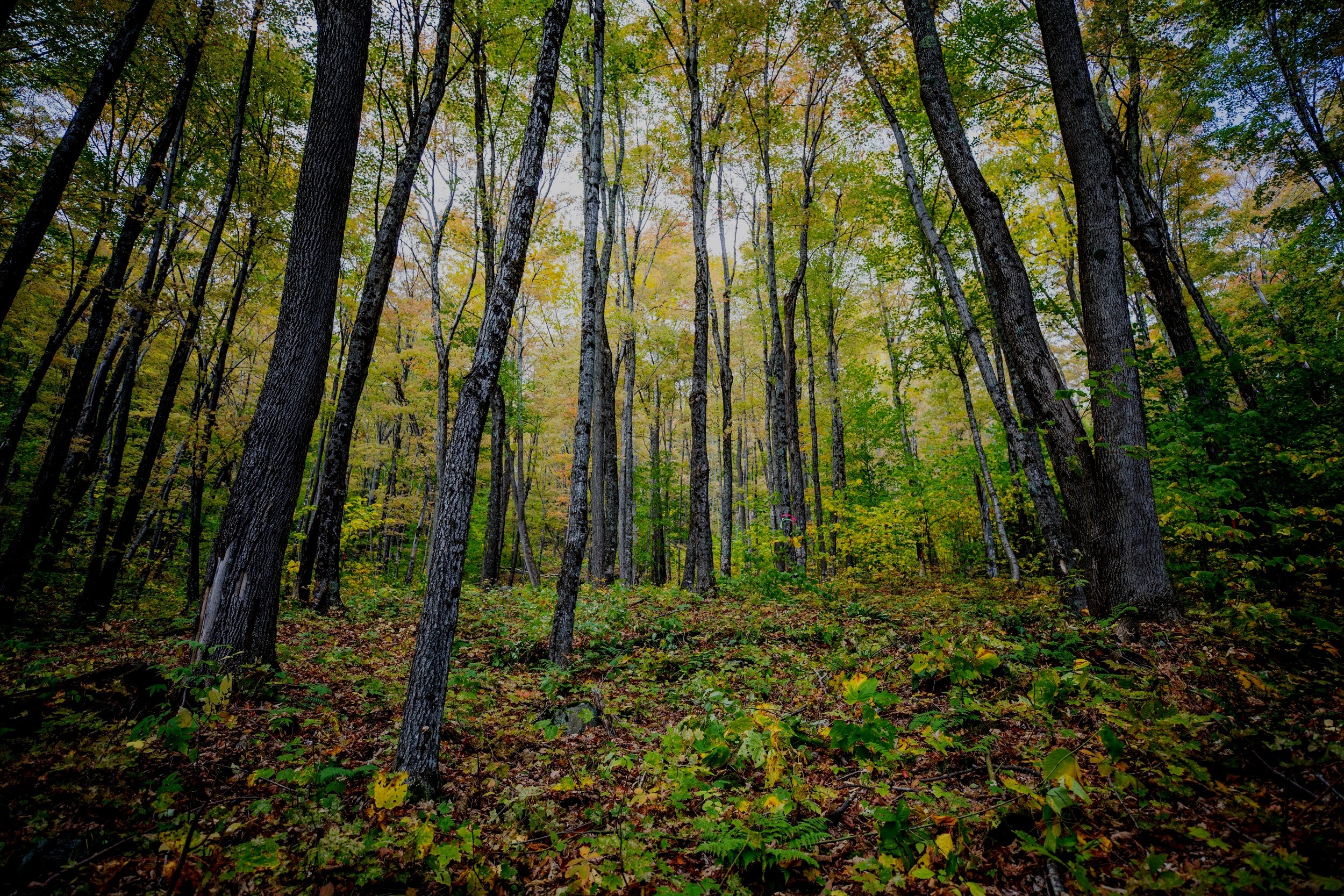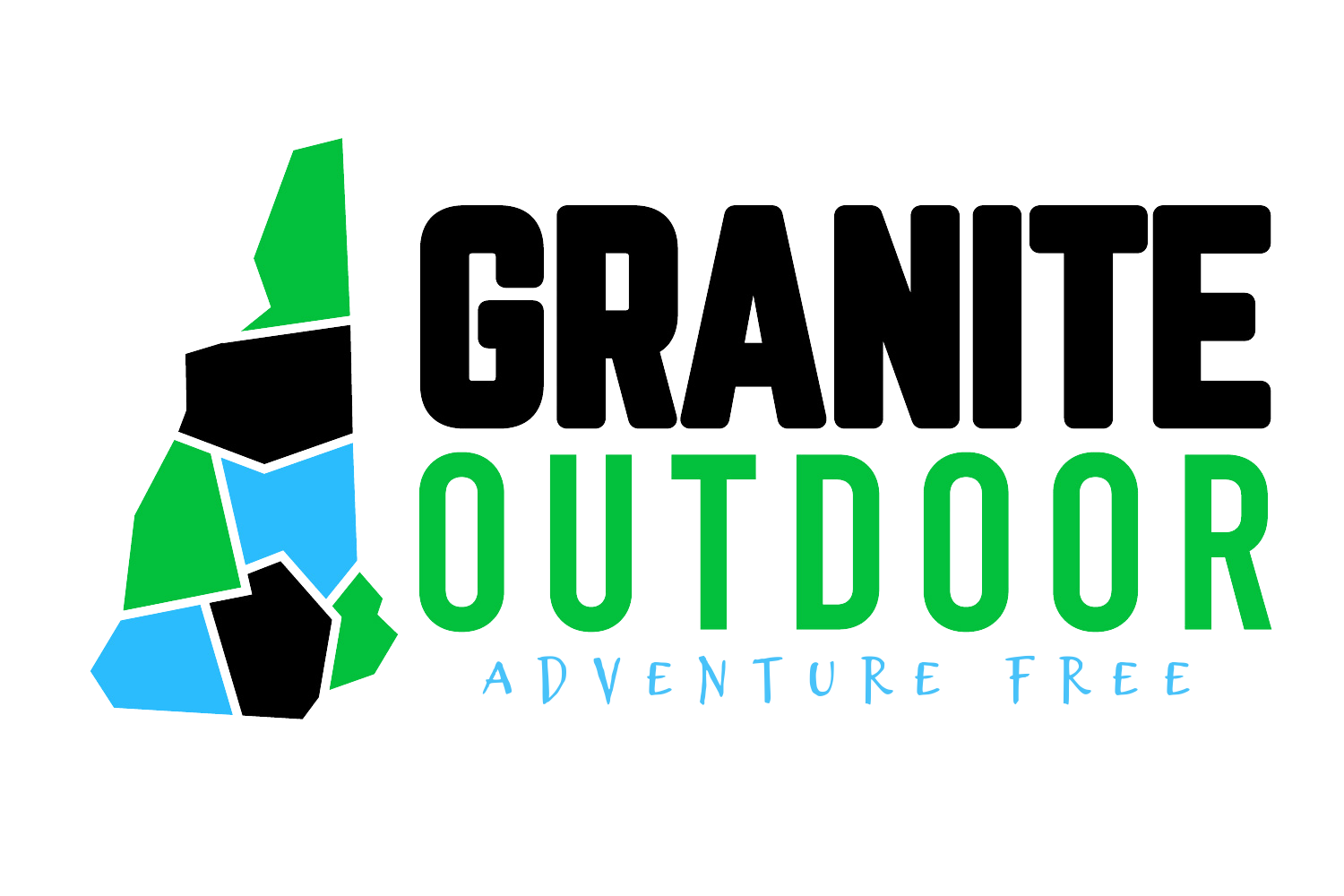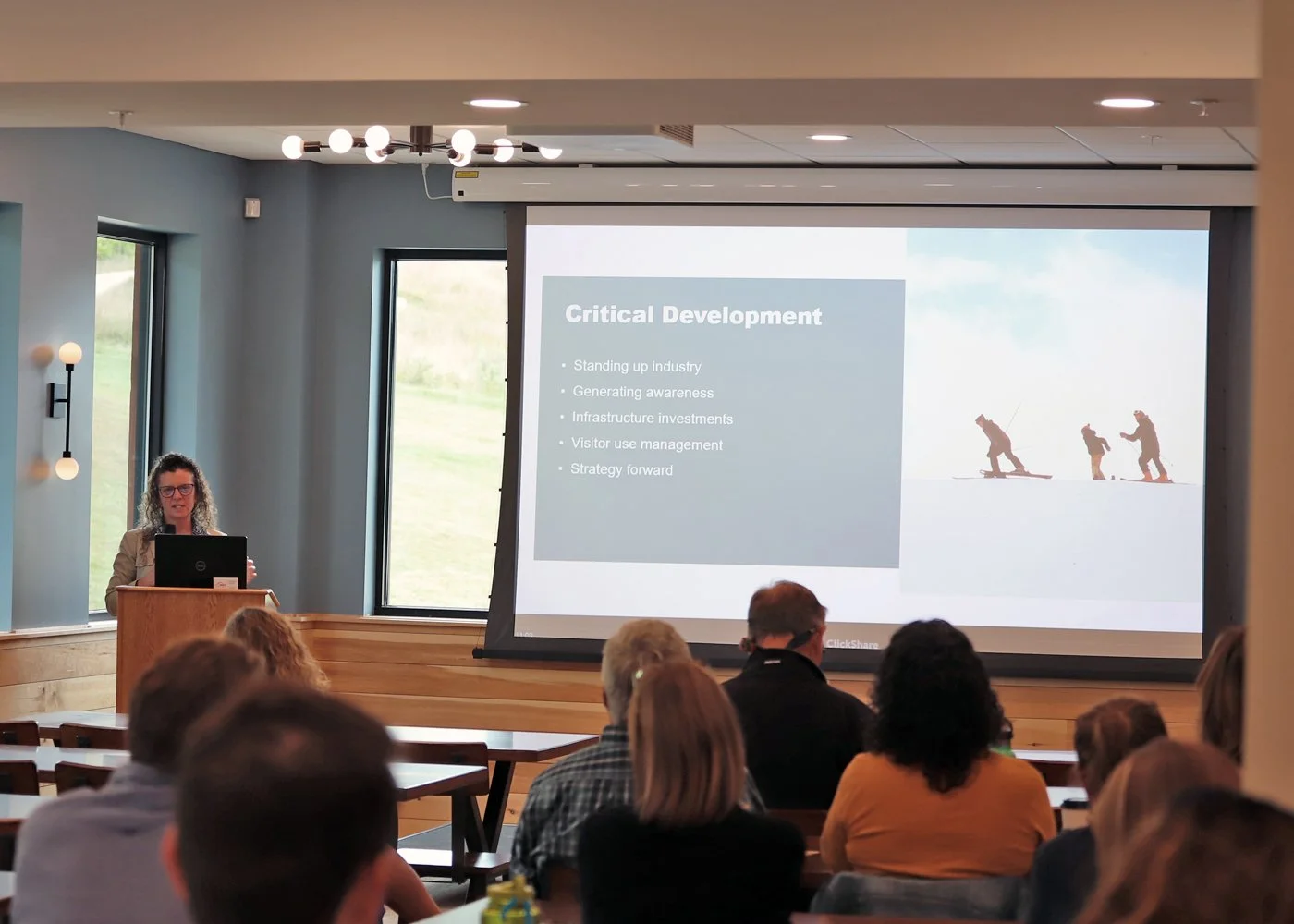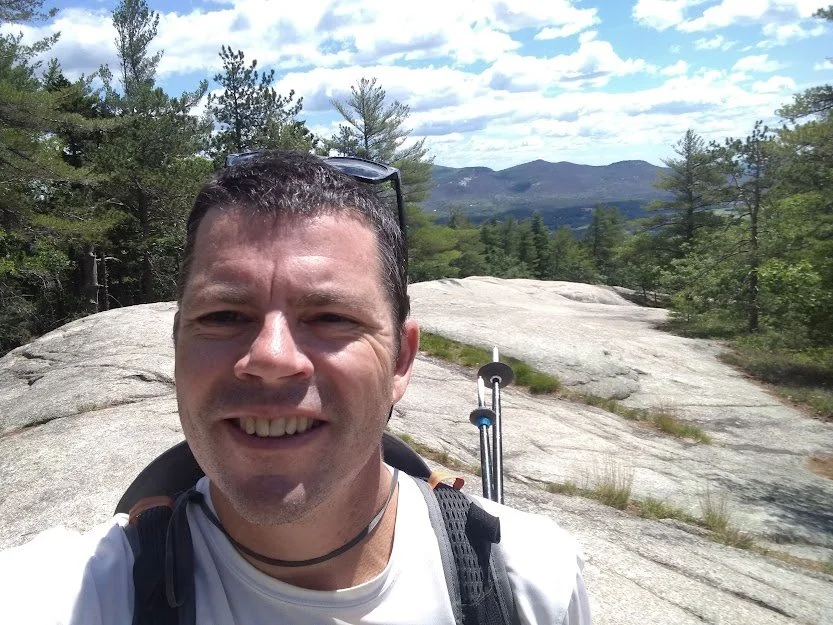
Q&A with Janel Lawton, Director of New Hampshire’s Office of Outdoor Recreation
As one of 16 states to establish an outdoor recreation office, New Hampshire recognizes the value of the outdoor economy, and how collaboration and sustainability can propel this key industry. GOA recently spoke with Janel Lawton, the office’s director since 2022.
Janel Lawton
Andrew Schuyler (AS): Janel, thanks for taking the time to talk with GO: Sustainable. As the director of the NH Office of Outdoor Recreation Industry Development (ORID), can you tell us about ORID and your role?
Janel Lawton (JL): Thank you for inviting me to this conversation! ORID sits in the NH Business and Economic Affairs (BEA) department. ORID promotes economic development by leveraging outdoor recreation to support NH employers, strengthen statewide workforce development, and expand access to state recreation assets.
As the director of ORID, my role involves working closely with stakeholders across the outdoor recreation sector—including businesses, government agencies, and community organizations—to coordinate efforts that expand and enhance the outdoor recreation economy.
AS: Sustainability and the outdoor economy are intricately linked. Could you describe what that means in NH and any trends you see?
JL: Sustainability and the outdoor economy in NH are closely connected, as our natural landscapes drive tourism and recreation. NH has many businesses that have eco-friendly practices, creating a strong connection between outdoor enthusiasts, the economy, and communities.
Communities across NH are also investing in outdoor infrastructure to make spaces more accessible and resilient. This includes improvements to rail trails, snowmaking investments by the ski industry, and “main street” development around lakes and rivers. A growing trend is the link between outdoor recreation and community health. As the outdoor economy grows, sustainability is key to ensuring our natural assets and communities continue to thrive.
Janel, an avid mountain biker, at Highland Mountain Bike Park in 2023.
Photo by Karlos Jeri.
AS: Are there outdoor-oriented enterprises that come to mind that are using sustainable practices to drive growth?
JL: Yes, many outdoor-oriented enterprises in NH are using sustainable practices. One example is Burgeon Outdoors, which sources materials locally and manufactures products within NH. They prioritize sustainable materials such as Tencel, recycled polyester, and organic cotton, and donate 5% of each sale to community and environmental initiatives.
In the ski industry, NH resorts are also making significant investments in sustainability, particularly in snowmaking technology that reduces water and energy usage while extending the ski season. Another example is Clean Energy NH advocating for clean energy solutions in outdoor recreation communities, including the development of EV infrastructure. A recent report commissioned with Ski NH will highlight the important connection between tourism/outdoor recreation revenue and the need for EV infrastructure.
AS: Economic vitality plays a big part in the state’s ability to deliver services. Can you talk about the impact the outdoor economy has on the state’s finances and its ability to attract visitors and businesses?
JL: The outdoor recreation economy contributes $3.9 billion to the State’s GDP. For the 2025 season, NH is expecting around three million visitors this winter, with spending from those visitors projected to reach a record $1.6 billion. The winter season plays a vital role in the state's outdoor recreation industry and overall economy, creating jobs and supporting businesses across the state. Whether visitors are enjoying time on the slopes or exploring other winter activities, they are contributing to local economies and reinforcing NH as a premier vacation and outdoor recreation destination.
Janel Lawton presents to the Mt. Washington Valley Chamber of Commerce in 2024.
AS: Earlier in 2024, NH released its Statewide Comprehensive Recreation Plan (SCORP). What are some highlights from that lengthy–and extremely informative–document?
JL: The 2024 SCORP, developed by the NH Department of Natural and Cultural Resources, is a fantastic resource for the outdoor industry. The plan highlights several key areas, including the economic impact of outdoor recreation, and outlines strategies for improving access, infrastructure, sustainability, conservation, and partnerships.
AS: How do you see climate change impacting outdoor recreation in NH?
JL: Climate change is impacting outdoor recreation in NH, and we’re likely to see more impacts in the future. For example, warmer temperatures affect the ski season, and changing precipitation patterns impact our lakes and rivers. However, the outdoor industry is adapting to these challenges. For instance, advances in snowmaking technology are helping ski resorts extend their seasons, and many outdoor recreation areas are diversifying by adding year-round activities like biking and kayaking to attract visitors throughout the year.
AS: Finally, and without trying to sound too self-serving, can you talk about your interactions with Granite Outdoor, and any benefits you see for the outdoor economy to band together?
JL: ORID and GOA work together to promote NH’s outdoor assets and economy. We are currently partnering on a series called "Stonework Sessions," which brings business leaders together to explore strategies for addressing workforce recruitment and retention challenges in the state. The outcomes will be developed into practical resources and tools that businesses can use to grow and support their workforce. A future Stonework Session will focus specifically on workforce development pathways.
GOA contributes valuable expertise from the outdoor business community, while ORID provides state-level support and access to funding programs. This partnership strengthens NH’s outdoor recreation industry, driving economic growth, supporting workforce development, and ensuring the long-term sustainability of our outdoor spaces for future generations.
About the Author
Andrew Schuyler splits his time between Conway, NH and Melrose, MA. He serves on the Board of the White Mountains Interpretive Association and has a background in journalism, clean tech, government affairs, and parenting. He enjoys swimming and reading at Davis Park in Conway, where he occasionally provides unsolicited advice to visitors who are behaving, ahem, poorly. Reach him at andrewschuyler@hotmail.com.






